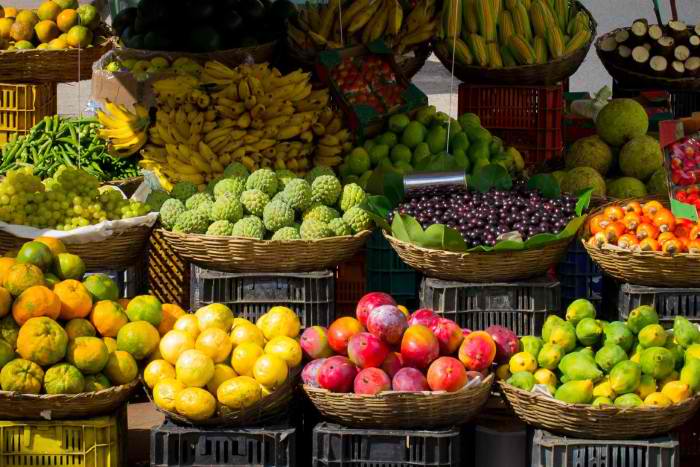

To ensure the protection as well as steady supply of tropical fruits varieties the National Tropical Fruit Genebank will perform the task. It will be the most complete repository of the best commercial or exportable varieties of major tropical fruit producing countries of the world, namely, Indonesia, Malaysia, the Philippines, Thailand, Vietnam, Taiwan and selected varieties from North and Latin Americas as well as our native varieties. To ensure national and environmental security, the national genebank germplasm will be planted in 20 hectares each replicated in three locations: one SUC each in Luzon at the Pampanga Agricultural College, in the Visayas at the Visayas State University, and another in Mindanao at the University of Southern Mindanao. They will be the permanent source of genetic diversity research and commercial varieties for all regions in the country.
It can be noted that even the Philippines will be able to establish the tropical fruits genebanks in all regions in the country right away it would still take 30 years before we could even equal half of the varieties that Thailand, Malaysia, and Taiwan are presently producing. With the dearth of investment pouring into tropical fruits production in the country, we are losing a sizeable income in the export business from our Asian neighbors. There is thus a need to implement an effective research program to acquire and disseminate tropical fruit varieties to make high quality, affordable and available in our country. This can be made possible through an accelerated research involving the State Universities and Colleges (SUCs) under the Commission on Higher Education (CHED).
With the project, SUCs under CHED can enhance their teaching, research, extension and income generation mandates. The tropical fruits genebank will also improve the teaching curricula of SUCs in botany, pomology, fruit processing, marketing and agribusiness. It could also help the Local Government Units prime the development of fruit industry of each province where they are located and generate income and employment for poor people.
Aside from enhancing the mandates of SUCs the farm can also be used as Eco-Tourism Park where students can learn the different species and varieties of fruit plants while farmers and other stakeholders can taste and enjoy fruits of the best varieties in the world. With this in view, ESSU Salcedo is planning to establish five (5) priority fruit species of the region which will be planted in one hectare each to serve as a showcase of profitability for entrepreneurs and investors and to serve as source of raw materials for their fruit processing students and to generate income for the University. Along this line, a fruit processing curriculum will also be developed through the assistance of FCDF to enrich the teaching curricula of the school.


